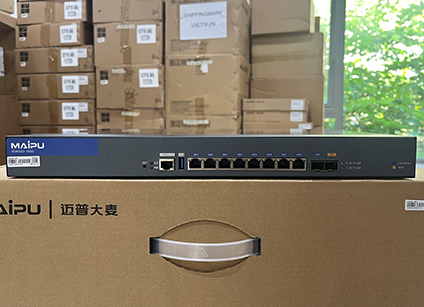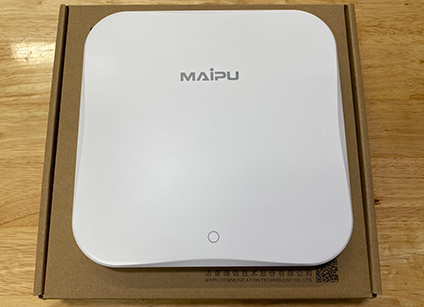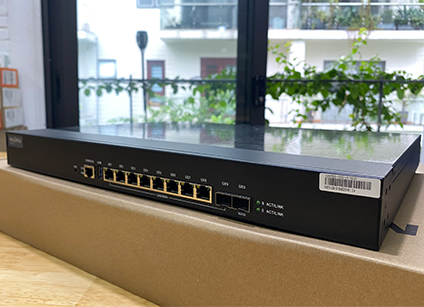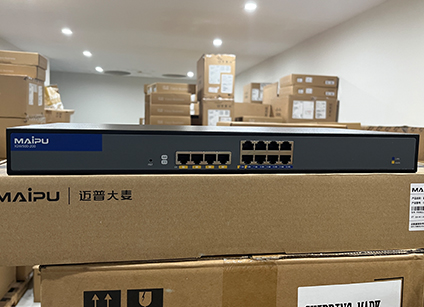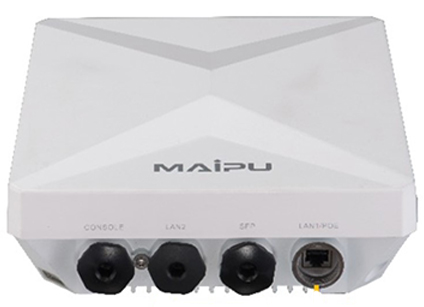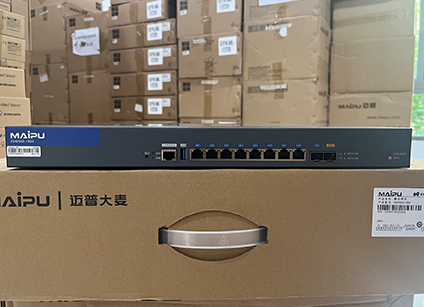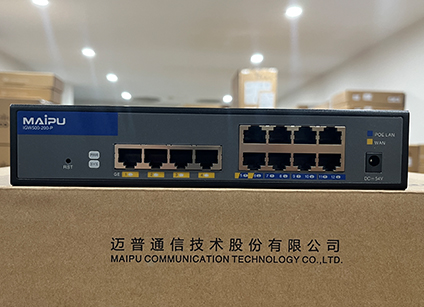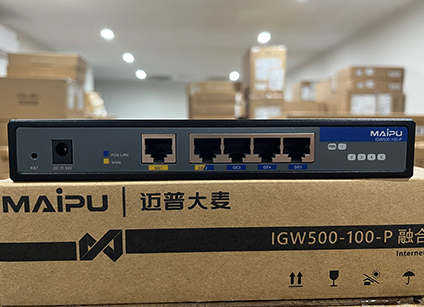Sản phẩm liên quan
Maipu IAP300-815-PE V3 Wall Mount Wi-Fi 6 Access Point.
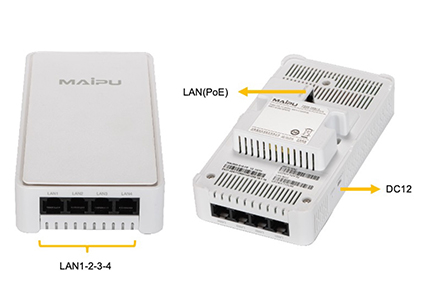
Bộ phát wifi Maipu IAP300-815-PE V3 hỗ trợ các tính năng, công nghệ hàng đầu như:
- Hỗ trợ mạng không dây băng tần kép chuẩn wifi 6 tốc độ cao, cho tổng băng thông lên tới 1775Mbps.
- Hỗ trợ 1 cổng uplink 1000M PoE và 4 cổng LAN tốc độ 1000M.
- Công nghệ quản lý AP thông minh, không cần cấu hình, cắm là chạy.
- Hỗ trợ uplink và downlink MU-MIMO, tăng đáng kể hiệu quả và dung lượng không dây.
- Thuật toán tối ưu hóa tín hiệu antenna độc đáo, cải thiện vùng phủ sóng AP.
- Hỗ trợ SSID với VLAN bunding, đảm bảo an toàn thông tin.
- Thiết kế xanh, tiết kiệm năng lượng.
Maipu IAP300-815-PE V3 Wall Mount Wi-Fi 6 Access Point.
Bộ phát IAP300-815-PE V3 thuộc dòng sản phẩm Wall mount, chuẩn wifi 6 của Maipu, được thiết kế đem lại sự tiện ích và hiệu suất vượt trội cho người sử dụng. Với chi phí hợp lý, sản phẩm này thích hợp cho nhiều mục đích như văn phòng, khách sạn và các không gian công cộng.
Bộ phát được trang bị công nghệ ăng-ten đa hướng tích hợp và công nghệ MU-MIMO, cho phép truyền dữ liệu đồng thời đến nhiều thiết bị Wi-Fi, tăng hiệu suất mạng một cách đáng kể. Với sự kết hợp của hai băng tần 2.4 và 5 GHz, tốc độ mạng lên đến 1775Mbps, và khả năng xuyên qua vật cản tốt, IAP300-815-PE đem lại khả năng phủ sóng rộng và đáng tin cậy.
Tính năng cách ly dữ liệu nội bộ qua việc tạo nhiều SSID và gán vlan ID cho từng SSID mang lại tính riêng tư và an toàn. Các bộ phát có thể được quản lý tập trung thông qua bộ gateway IGW500 cho phép quản trị viên dễ dàng cấu hình và điều hành hệ thống wifi một cách hiệu quả. Giao thức 802.11ax được áp dụng, sử dụng công nghệ điều chế mới nhất để nâng cao tốc độ không dây và giảm nhiễu sóng.

Thông số kỹ thuật.
|
||||||||||||||||||||||||||||||||||||||||||||||||||||||||||||||||||||||||||||||||||||||||||||||||||||||


